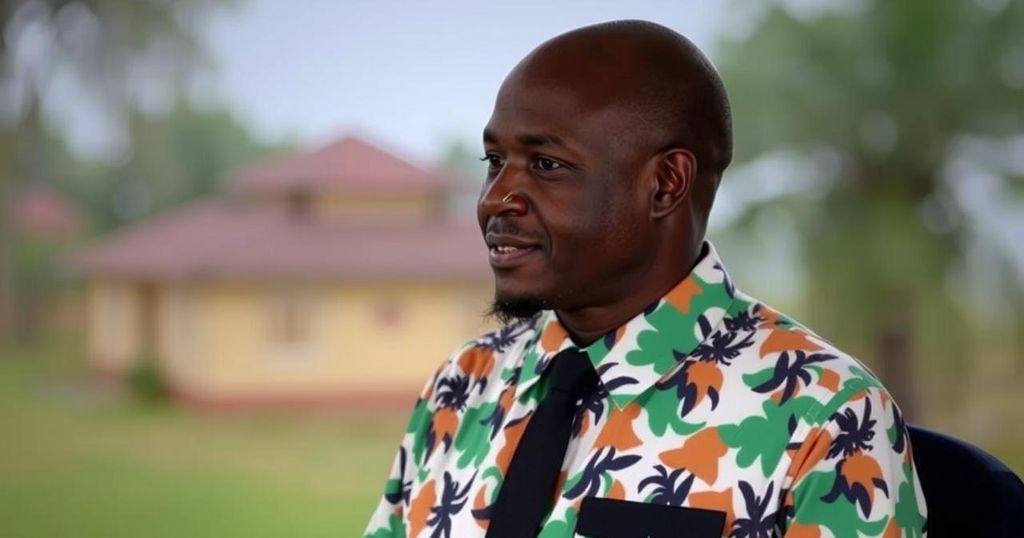The Democratic Republic of Congo has banned Al Jazeera following its interview with M23 rebel leader Bertrand Bisimwa. The government condemned the interview, deeming it an endorsement of terrorism, while Justice Minister Constant Mutamba threatened journalists with the death penalty for covering the rebels. Critics of the ban highlight concerns over press freedom in a country facing severe conflict.
The Democratic Republic of Congo has officially banned the Al Jazeera news network following its recent interview with Bertrand Bisimwa, the leader of the M23 rebel group. This decision comes in light of Bisimwa’s comments regarding the Congolese government’s breaches of a ceasefire agreement, where he labeled the M23’s actions as part of an existential struggle. Congolese officials condemned the interview as an endorsement of terrorist activity, with Justice Minister Constant Mutamba threatening severe repercussions, including the death penalty, for journalists covering the M23 and its affiliates. Despite these threats, critics argue that the government’s actions represent a significant infringement on press freedom in a nation plagued by conflict involving various armed groups.
The M23 rebel group has been a dominant force in eastern Congo, a region characterized by over a hundred armed factions and significant resource wealth. The recent resurgence of M23 control has led to large-scale displacements, discontent, and political tensions within the Congolese government. The government’s harsh response to media coverage reflects a broader trend of increasingly repressive measures aimed at curbing dissent and controlling narratives surrounding the conflict and its repercussions on civilian lives. The ban on Al Jazeera raises alarms regarding the limits placed on freedom of expression and the press in a democratic society.
The Congolese government’s ban on Al Jazeera and threats against journalists signal a troubling trend in the enforcement of media censorship under the pretense of national security. This situation highlights the critical importance of maintaining open channels for diverse viewpoints and information, which are vital for an informed citizenry. The actions of officials and their implications for freedom of expression will continue to be closely monitored by advocates for press freedoms and civil rights.
Original Source: apnews.com






